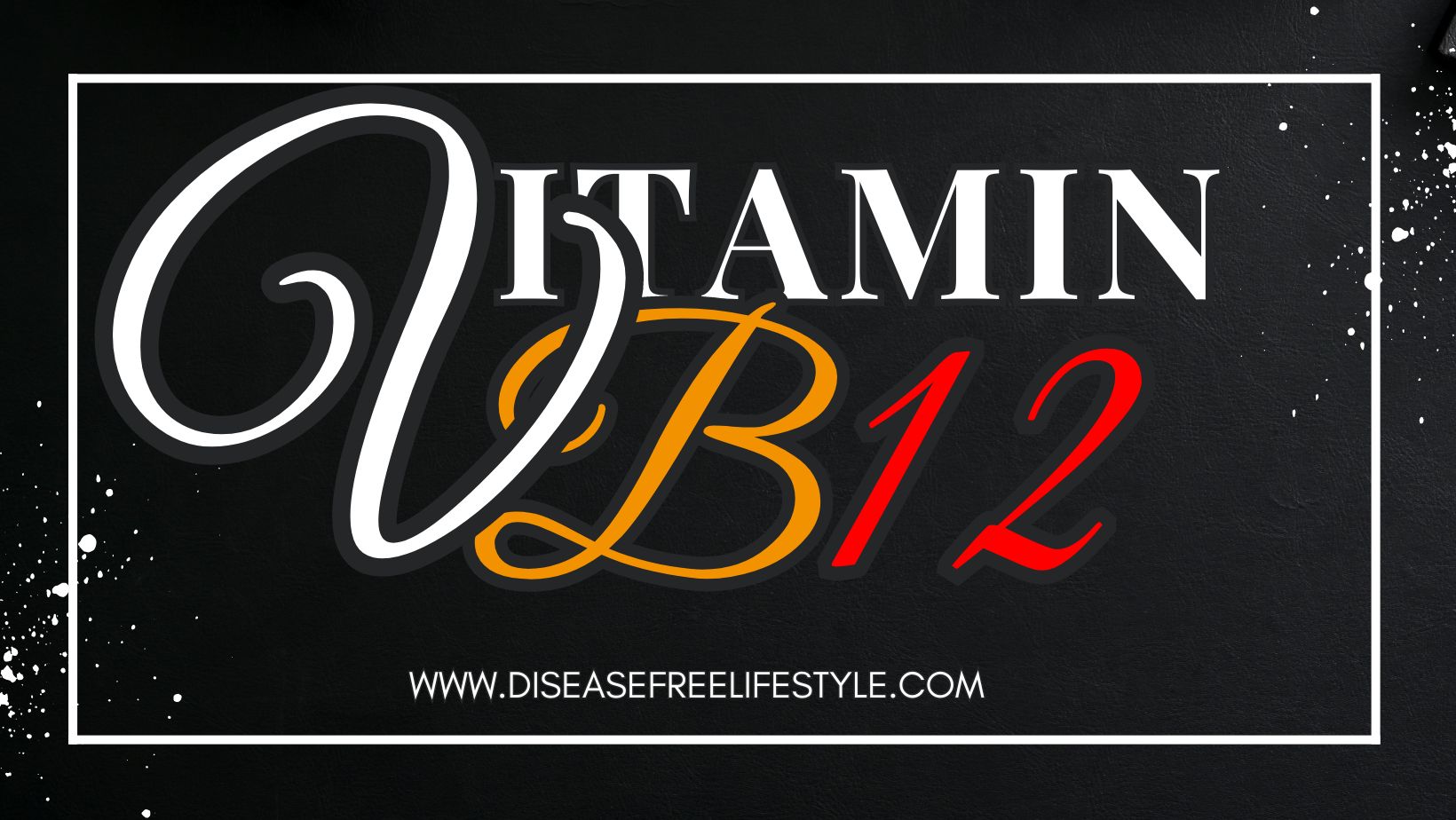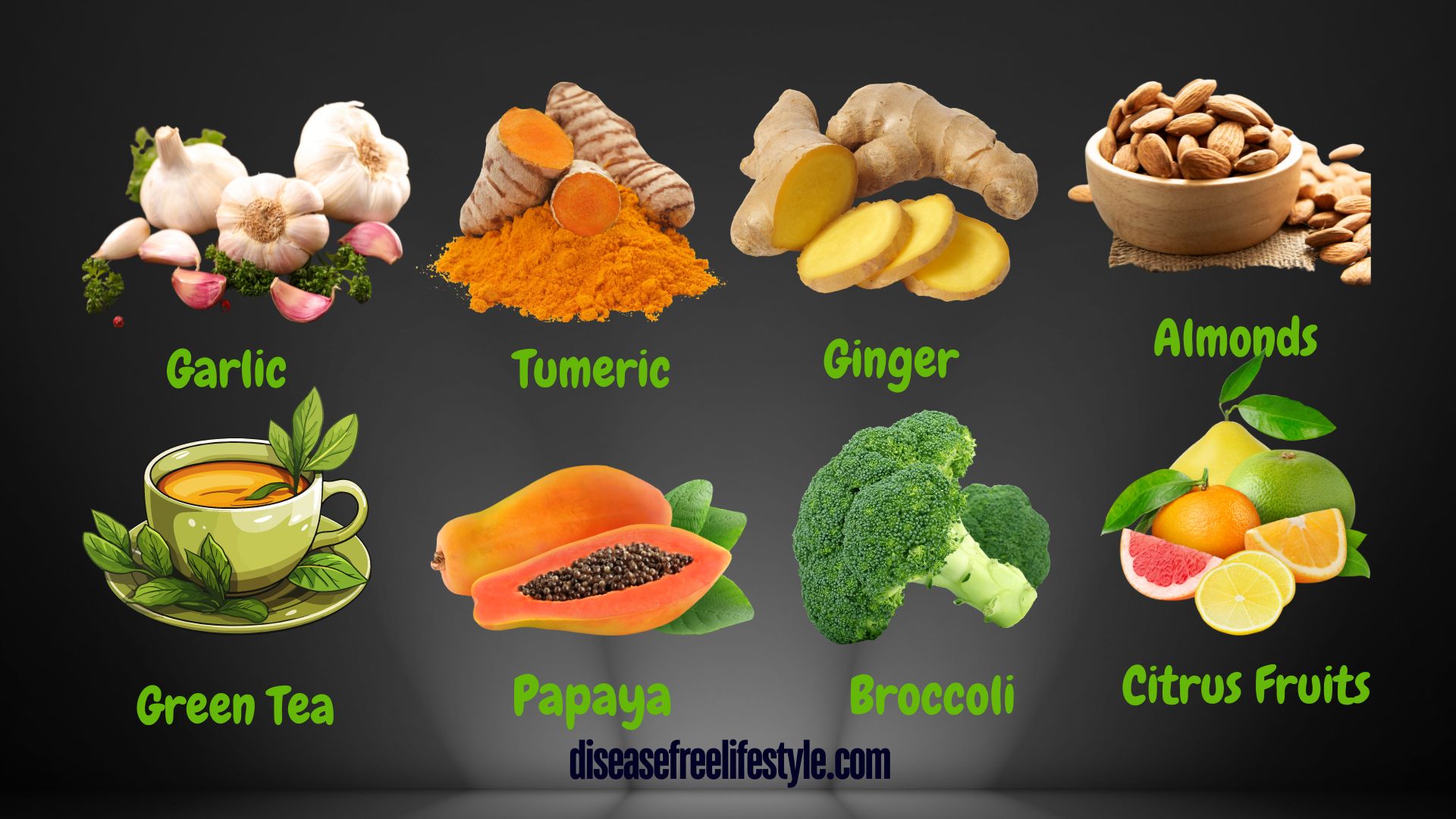Yoga, an ancient practice originating from India, has gained immense popularity worldwide for its transformative effects on both mental, physical and spiritual health. Beyond its reputation as a form of exercise, yoga offers a holistic approach to well-being, promoting harmony between the mind, body, and spirit. In this article, we delve into the myriad benefits of yoga for achieving a disease-free lifestyle and enhancing overall wellness.
Yoga offers a wide range of benefits physically, mentally and spiritually.
- Physically: It improves flexibility, strength, posture, balance, and immunity while aiding in weight management and pain relief.
- Mentally: It reduces stress, anxiety, and improves focus, self-esteem, and emotional balance.
- Spiritually: Yoga cultivates inner peace, tranquility, and personal growth.
Exploring the Power of Yoga
1. Mind-Body Connection:
Yoga emphasizes the connection between the mind and body, fostering awareness of breath, movement, and sensations. Through mindful practice, practitioners cultivate a deeper understanding of themselves and their internal states, promoting emotional balance and self-awareness.
2. Stress Reduction:
One of the most notable benefits of yoga is its ability to reduce stress and promote relaxation. The combination of gentle movements, conscious breathing, and meditation techniques helps calm the nervous system, lower cortisol levels, and alleviate tension in the body and mind.
3. Improved Flexibility and Strength:
Yoga poses, or asanas, are designed to improve flexibility and strength by stretching and strengthening muscles, ligaments, and joints. Regular practice can enhance range of motion, alleviate stiffness, and build muscular endurance, contributing to overall physical fitness.
4. Enhanced Mental Clarity and Focus:
Yoga practices such as pranayama (breath control) and meditation cultivate mental clarity, concentration, and focus. By quieting the mind and reducing mental chatter, practitioners experience greater mental acuity, creativity, and productivity in their daily lives.
5. Stress Reduction:
One of the most notable benefits of yoga is its ability to reduce stress and promote relaxation. The combination of gentle movements, conscious breathing, and meditation techniques helps calm the nervous system, lower cortisol levels, and alleviate tension in the body and mind.
The Versatility of Yoga Practices
1. Hatha Yoga:
Hatha yoga is a gentle form of yoga that focuses on basic postures and breath control. It is suitable for beginners and provides a foundation for more advanced practices.
2. Vinyasa Yoga:
Vinyasa yoga involves flowing sequences of poses coordinated with breath, creating a dynamic and fluid practice. It builds strength, flexibility, and cardiovascular endurance while promoting mindfulness and meditation.
3. Yin Yoga:
Yin yoga targets the connective tissues of the body through long-held, passive stretches. It promotes deep relaxation, releases tension, and enhances flexibility, making it ideal for stress relief and restoration.
4. Restorative Yoga:
Restorative yoga involves gentle, supported poses held for extended periods to promote relaxation and rejuvenation. It is particularly beneficial for reducing stress, relieving tension, and supporting overall well-being.
Incorporating Yoga into Daily Life
1. Start Small:
Begin with short, manageable yoga sessions, even just 10-15 minutes a day, and gradually increase the duration and intensity as you build strength and flexibility.
2. Find Your Flow:
Explore different styles of yoga to find the one that resonates with you and meets your needs. Whether it’s a vigorous vinyasa flow or a gentle restorative practice, choose what feels right for your body and mind.
3. Practice Regularly:
Consistency is key to reaping the benefits of yoga. Aim to practice yoga regularly, whether it’s daily, several times a week, or weekly, to experience its transformative effects on your mental and physical well-being.
4. Listen to Your Body:
Honor your body’s limitations and listen to its cues during yoga practice. Avoid pushing yourself into discomfort or pain and modify poses as needed to suit your individual needs and abilities.
Conclusion
Yoga offers a holistic approach to mental and physical wellness, making it a powerful tool for achieving a disease-free lifestyle. By cultivating mindfulness, reducing stress, improving flexibility and strength, and promoting overall well-being, yoga empowers individuals to lead healthier, more balanced lives.
Whether you’re seeking stress relief, improved fitness, or a deeper connection to yourself, yoga offers something for everyone. Explore different styles, find your flow, and commit to regular practice to unlock the transformative benefits of yoga for your mind, body, and spirit. Embrace the journey towards greater wellness with yoga as your guiding light.










